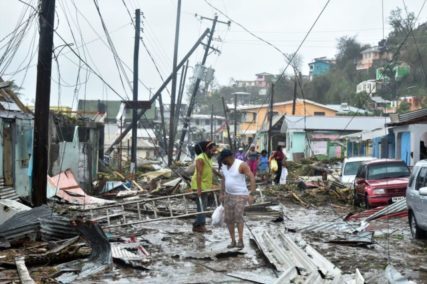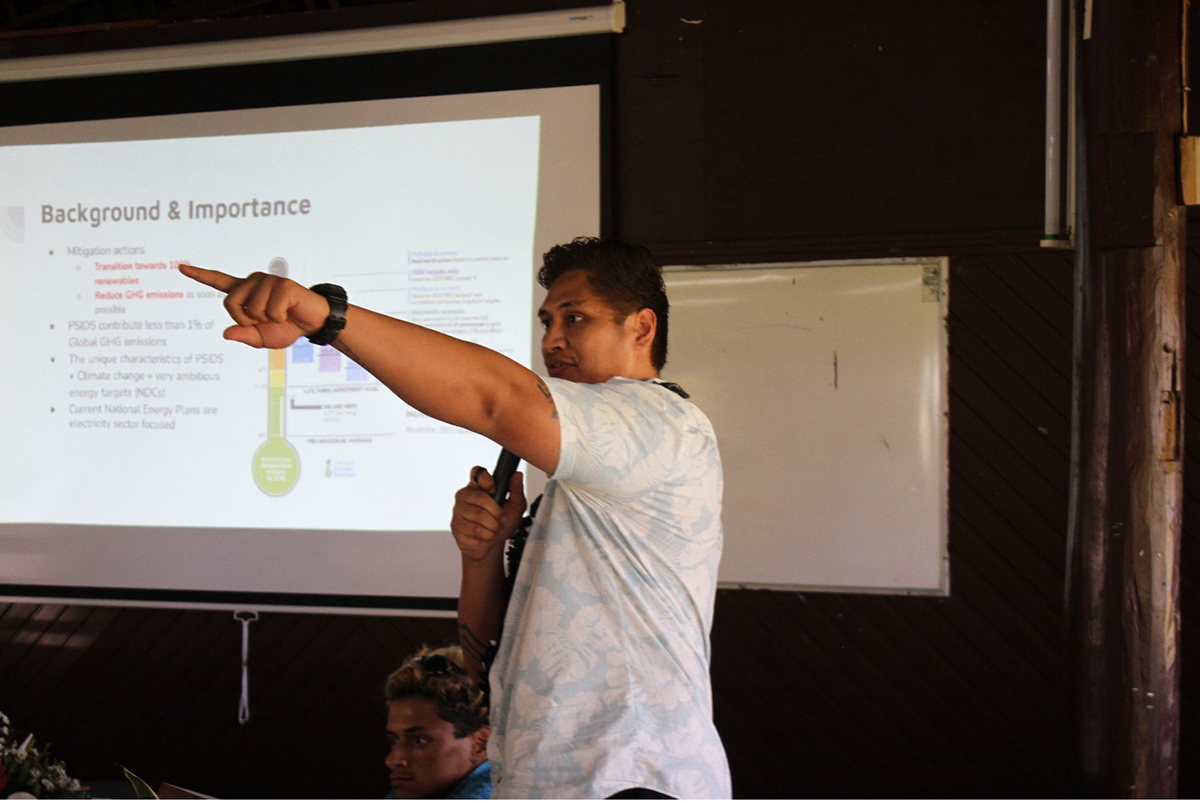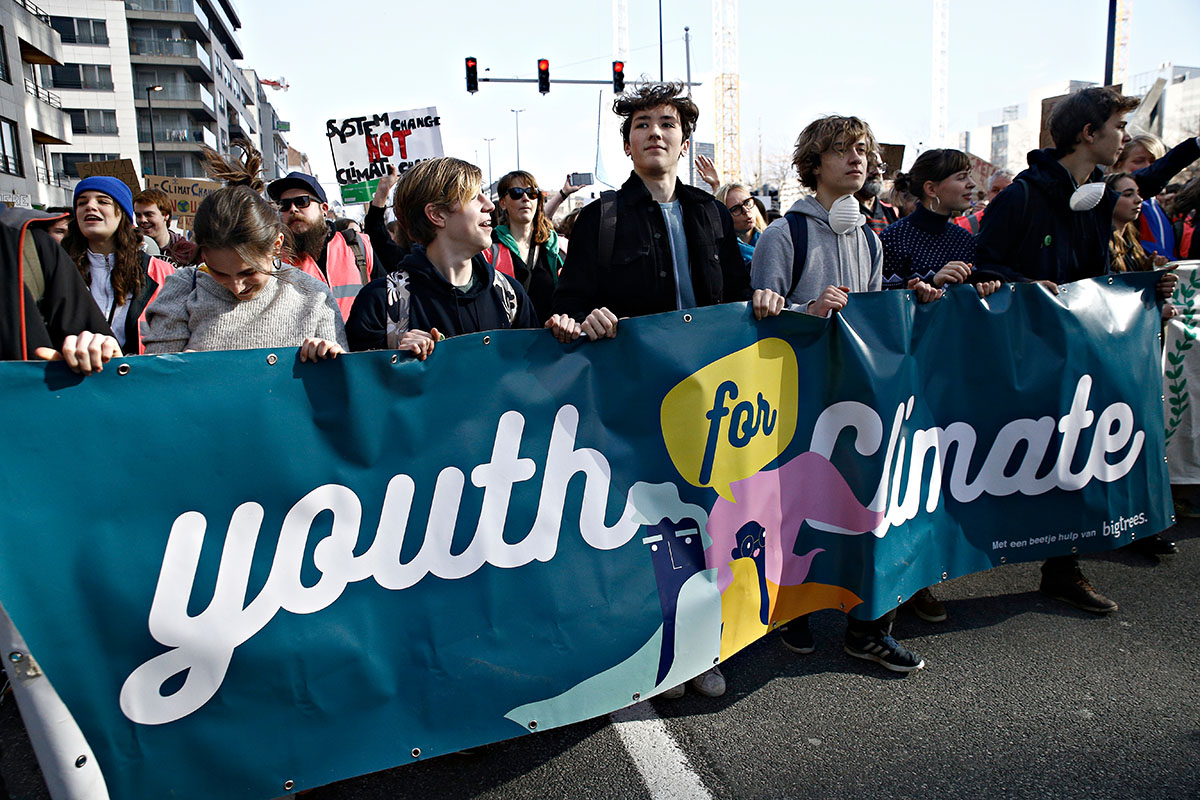“Is going vegan the answer to climate change?”
October 4 It’s the hurricane season in the Caribbean and over recent years, the evidence of climate change has been profound – with more devastating hurricanes hitting the region. Animal agriculture is one of the leading causes of climate change, writes Aura Whittier, 17, a Correspondent from San Juan, Trinidad. She questions whether we would be willing to change from meat-eating to a vegan diet, if this could save our planet from climate change.
It’s the hurricane season in the Caribbean and over recent years, the evidence of climate change has been profound – with more devastating hurricanes hitting the region. Animal agriculture is one of the leading causes of climate change, writes Aura Whittier, 17, a Correspondent from San Juan, Trinidad. She questions whether we would be willing to change from meat-eating to a vegan diet, if this could save our planet from climate change.
With the recent incidence of harsh and unusual climate patterns such as excessive flooding, major hurricanes, extremely hot days and long periods of drought in the Caribbean, there is no denying that our climate is changing rapidly.
Scientists estimate that we will experience climate wars, land masses drowned in water, famine and the largest species extinction since the dinosaurs disappeared, all in the coming years, due to climate change.
Many of us are familiar with common practices to protect our environment such as using water conserving appliances, energy saving light bulbs, recycling and even carpooling. However, with this urgent and worsening climate issue, where all of us are at risk, can these simple conservation techniques really make an immediate and significant impact?
Our major focus is on reducing our emissions of CO2 from fossil fuels in the energy sector and renewable energy seems to be the solution. Yet, according to Cowspiracy, adocumentary produced by Kip Anderson, it is estimated that this solution will take approximately $18 trillion USD to develop over a period of at least 20 years. In addition, the energy and transport sectors only account for about 13% of all greenhouse gas emissions.
So what is the major contributor to greenhouse gas emission? What if we could implement a solution that is instant, absolutely free and completely eliminates the industry that according to Cowspiracy , accounts for 51% of all greenhouse gas emissions? Would we be willing?
The documentary asserts that animal agriculture, is the main contributor to climate change. From livestock producing 130 times more untreated waste than humans – which pollutes our oceans, to murdering innocent wildlife on public land, this industry is destroying our planet.
Clearing land for cattle farming, according to the figures provided by Cowspiracy, is responsible for 91% of the destruction of the Amazon Rain Forest to date. In fact, each day the equivalent of one football field of land is cleared to raise livestock for humans to eat. The feed grown for the 70 billion livestock animals in the world could feed the 1 billion starving people in the world. Meanwhile, fishing, according to the documentary, removes 28 billion animals from the oceans each year. Due to this unsustainable emptying of our oceans, it is estimated that by the year 2048, there will be fishless oceans.
To completely eliminate these harsh consequences, one can adopt a plant-based vegan diet. The vegan diet uses only 1/18th of the land, 1/11th of the fossil fuels and 1/13th of the water while producing only half of the CO2 emissions, as compared to an omnivore diet. As a result, according to figures provided in Cowspiracy, a vegan saves 1100 gallons of water, 45 pounds of grain, 30 square feet of forested land, the equivalent of 10 pounds of CO2 and 1 animal’s life each day! Not only is this lifestyle reducing climate change, but it brings back values like compassion and kindness into the way we consume food.
It seems like a huge behavioral change.
There is only one question to answer- is it worth it? Is it worth it to make small changes today to safeguard our tomorrow, to revive our planet, feed our starving children, save our animals from slaughter?
photo credit: Roosevelt Skerrit: Morning after Hurricane Maria via Wikimedia Commons (license)
………………………………………………………………………………………………………………
About me: I am a business student and a future developmental economist. I love to learn about social issues and analyse how they relate to my study, but also to my own underlying ethical values. I have a keen interest in youth empowerment, involvement and development. As such, I spend the majority my free time tutoring disadvantaged youth and participating in self-development youth programs. Of course, I also spend a significant amount of time reading and writing.
…………………………………………………………………………………………………………………
Opinions expressed in this article are those of the author and do not necessarily represent the views of the Commonwealth Youth Programme. Articles are published in a spirit of dialogue, respect and understanding. If you disagree, why not submit a response? To learn more about becoming a Commonwealth Correspondent please visit: http://www.yourcommonwealth.org/submit-articles/
…………………………………………………………………………………………………………………
[1] https://futurechallenges.org/local/generation-screwed-why-there-are-no-jobs-for-young-people/




